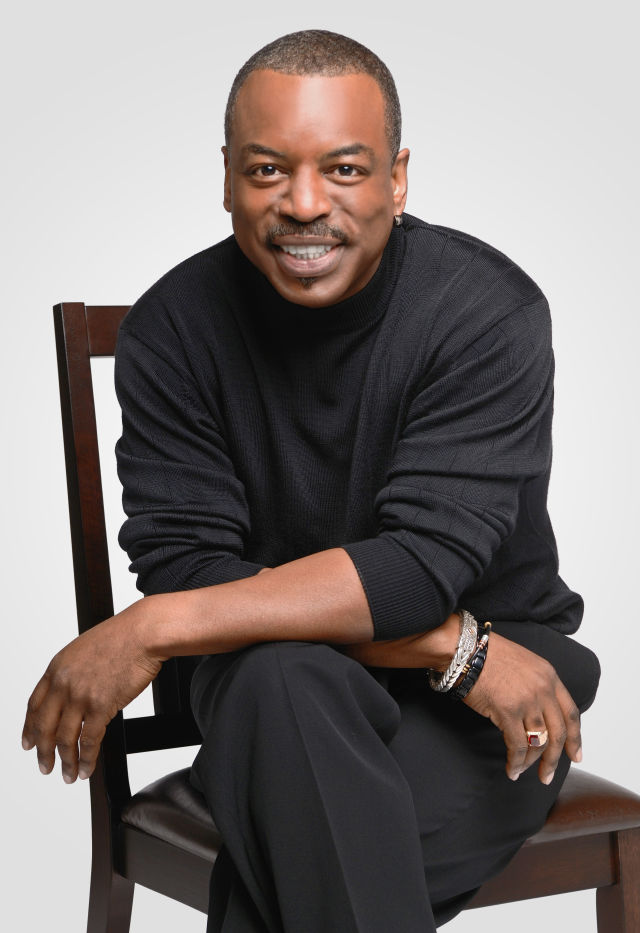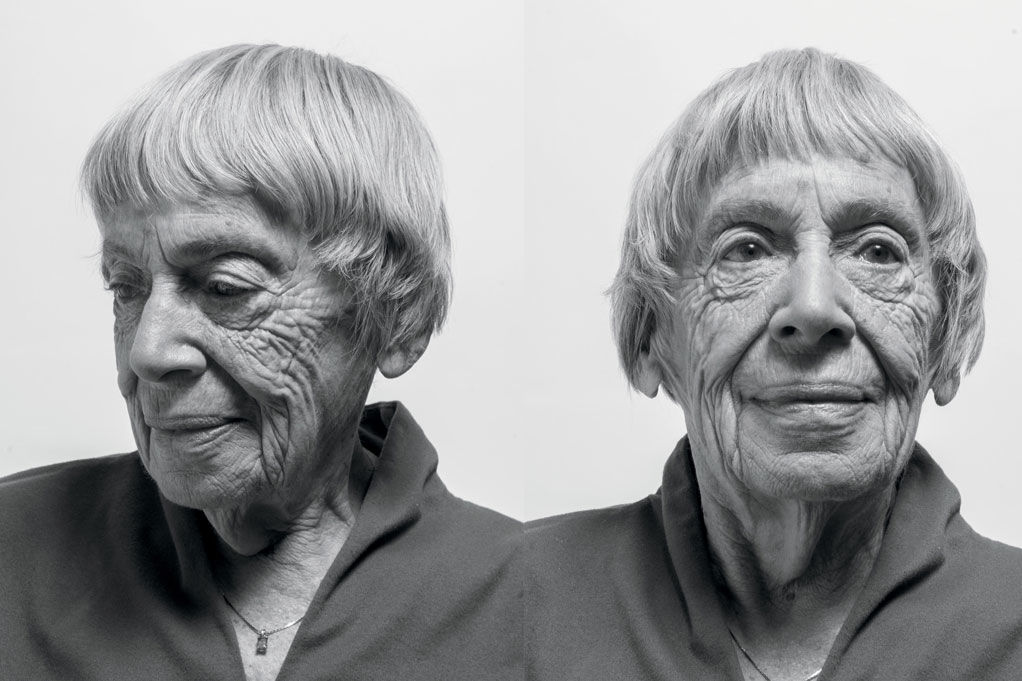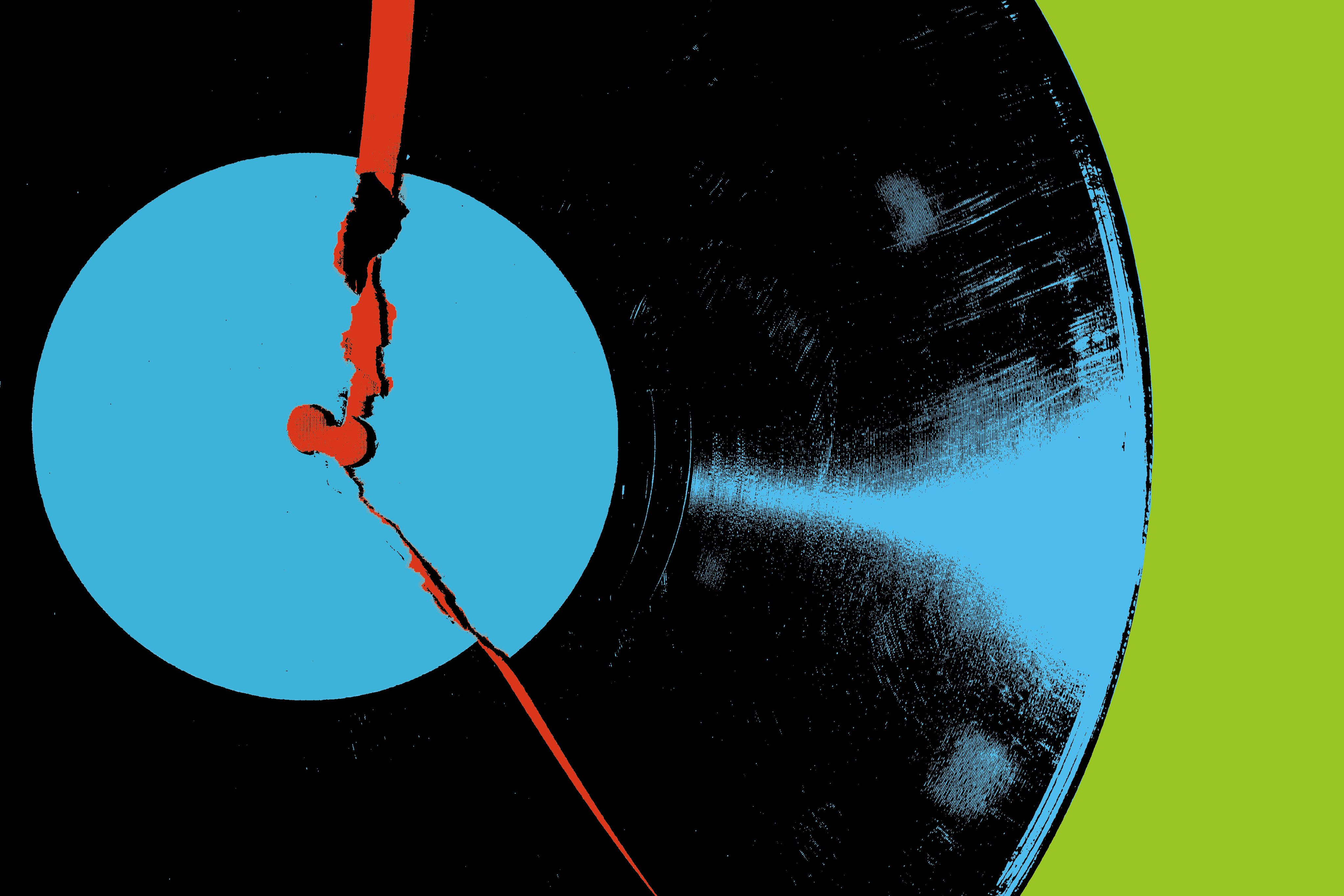I Talked to TV Legend LeVar Burton About Visors and Literacy and Now I Can Die Happy

Living legend LeVar Burton
Image: LeVar Burton
LeVar Burton was just in Portland. Don’t bother getting out your limited-edition Next Generation poster—he’s gone, already. Burton blasted through for a hot second as the keynote speaker for Park Academy’s annual fundraising dinner on Thursday, June 13, in Lake Oswego. It’s Oregon’s only school with a curriculum geared specifically for elementary and high schoolers with dyslexia and other learning disabilities. (Past keynote speakers have included A-list stars like Danny Glover and Larry King—Park Academy is a hot ticket, apparently!) Advocating for those with learning disabilities is right up Burton’s alley, a man who has devoted his entire life to sharing the gift of literacy with his fans, young and old. While he was in town, we couldn’t help also getting the lowdown on his favorite Northwest science fiction writers and ask a few obligatory Star Trek: The Next Generation questions for good measure.
On the importance of literacy...
LeVar Burton: “I believe that everybody deserves to be literate in at least one language. Literacy, for me, is the key to freedom. If you can read in at least one language, then you have the wherewithal to do the research that will enable you to have the power of information. We currently live in an age where “truth” is under assault. It’s alarmed me. It’s very dismaying, but most of all, it’s caused me to double down. The ability to, as I say in every episode of the show, not take my word for it...to pick up a book and take a look yourself—that, for me, is a very powerful message. I’ve dedicated my life, really, to spreading that message.”
On the power of Reading Rainbow...
When we translated Reading Rainbow into a digital app for kids (LeVar Burton Kids SkyBrary), one of the unexpected outcomes was a lot of feedback from parents of children who are challenged with both dyslexia and who were on the autistic spectrum. They reported that it was the gateway experience that their child really needed to get them engaged. I believe where kids on the spectrum are concerned, it’s the nature of the storytelling. I think the pace of Reading Rainbow was always more pastoral than frenetic. I think that style of communication helps. For kids with dyslexia, I think that the opportunity to hear the story performed—that engagement factor—is what helped kids who previously had a barrier to kind of get over it a little. They didn’t have to be constantly reminded of their challenge. They could enjoy the literature on its own merit without friction. Which gave them an entry point into the whole experience of the magic of literature. It ceased to become solely about the difficulty and more about the enjoyment of story, and I think that’s really critical. It’s not rocket science, but it is effective.
On the first time he “took a look in a book”...
In the third grade I read Captain Courageous, by Rudyard Kipling, for the first time. At the end of the book, I remember getting depressed. I didn’t know I was depressed, but I was depressed. I had this overwhelming feeling of sadness, because I left a world that I had become really attached to—those characters and that environment...that adventure. It was a watershed experience, because that’s when I got what reading was really about. You can go places in your mind, in your imagination. That was all it took for me.
On being approached by strangers who tell him that he had a deep impact on their childhoods...
It happens every day of my life. I will say that for the son of an English teacher, there could hardly be higher praise. I’m a storyteller, that’s what I do. Whether I’m acting, directing, or podcasting. I love that I’m still introducing you guys to new authors [with the science-fiction podcast LeVar Burton Reads] and in many cases women and voices of color that have traditionally not been a part of the speculative fiction genre. It’s my favorite genre to read for pleasure. Being able to introduce new authors to that audience of adults now, who grew up on Reading Rainbow—that I’m still sharing stories with you—I think that’s kind of cool.
On his favorite Northwest-based science fiction writers...
Ursula K. LeGuin, look no further. And Octavia Butler, even though I think of her as a California girl [she moved to Lake Forest Park, Washington, later in life] is my favorite science fiction writer of all time. She deserves a big star in the firmament.
On playing a character with a disability on Star Trek: The Next Generation...
I’m really proud of Geordi for a lot of reasons. He represented for people with physical challenges the way Nichelle Nichols' character Lieutenant Uhura represented for people of color in the ’60s. Geordi was an extraordinary character to play. He sees the world as it is. His vision allows him to break things down to their molecular component parts, and that kind of seeing—the truth that it reveals—is an immutable truth. He never saw himself as disadvantaged or handicapped, and, in fact, was one of the most capable people onboard the ship—he had a huge responsibility in keeping that ship running. I love that part of what I was able to bring to Geordi was a sense of his humanity, even though you couldn’t see his eyes. The visor was a part of him, but I think what people responded to after they got used to the visor was Geordi’s heart more than anything else. And that was a choice on my part.
Also...
No, I couldn’t see out of the visor. I learned how to navigate the sets by using points of reference in the room because I couldn’t see my feet. I couldn’t look down at my feet to see where I was going, because the chief engineer had to move with surety and alacrity. Geordi had to know where he was going the entire time. When we started the movies (Generations, First Contact, Insurrection, and Nemesis), I was pretty insistent that I didn’t want to wear the visor anymore. Early on, when I was still learning the character, in the second or third season, I went to [Executive Producer] Rick Berman, and said, “This is the 21st century! Can’t we put this technology in an ocular implant?” Which is exactly what we did several years later in the movies. Rick’s answer really made sense to me. He said that Geordi’s visor was one of the shorthand ways that we communicated the technological sophistication of the 21st century, and I got that. So I stopped resisting and just embraced it.




